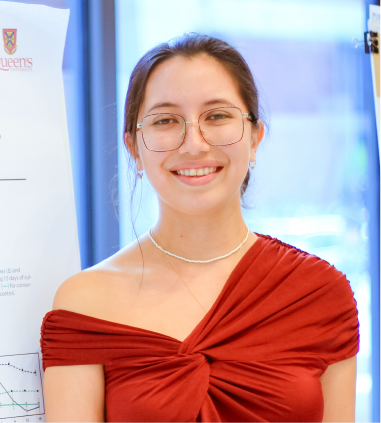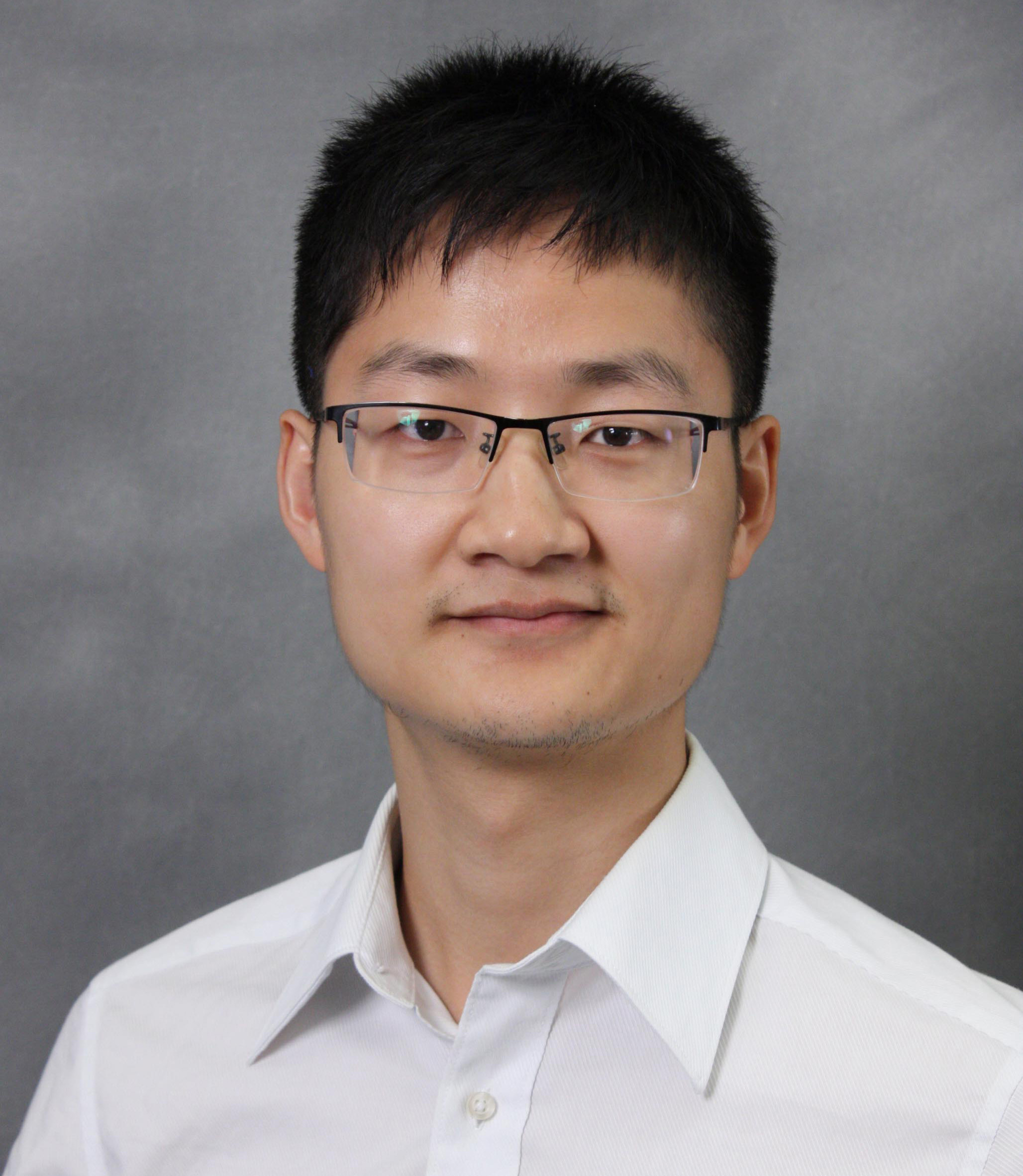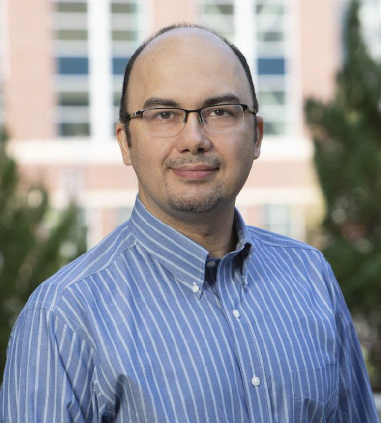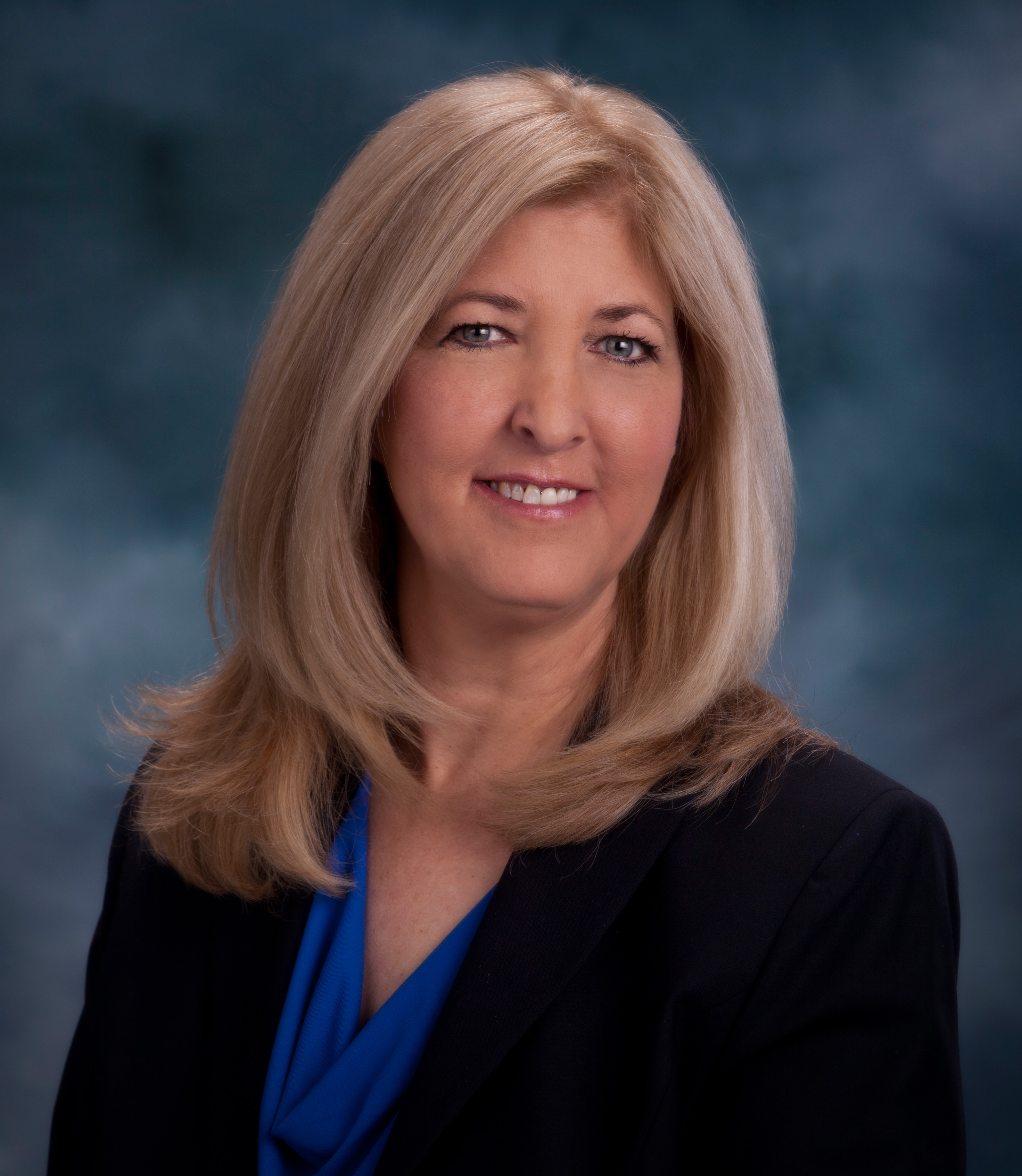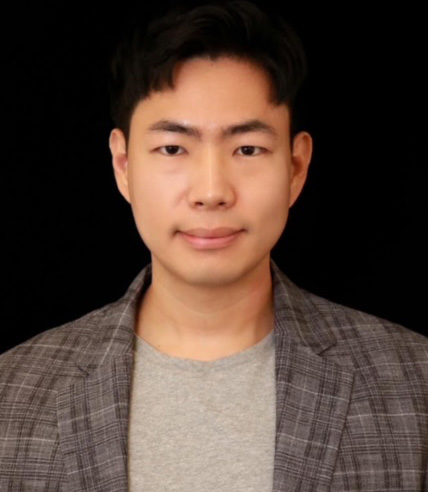WHY DO GRADUATE STUDENTS CHOOSE PURDUE SEE?
Through the Graduate School at Purdue University, Sustainability Engineering and Environmental Engineering offers MS (thesis and non-thesis), PhD (doctoral), and combined degrees.
Flexible Plans of Study
MS and PhD degrees have very few core requirements. This factor enables students to create highly-individualized degree experiences with no disciplinary constraints – broadening research, collaborative, and career opportunities.
Research Interests
Prospective graduate students are interested in topics including the environmental fate of air, water and soil contaminants; wastewater treatment; industrial sustainability; environmental chemistry; pollution control; life-cycle engineering; water quality; urban/forest ecology; sustainable urban systems; infrastructure risk assessment; sustainable materials; sustainable manufacturing; circular economy; renewable energy; and mitigating climate change.
Funding
SEE commits to funding PhD students for the duration of their degree (5 years) through teaching and research assistantships, scholarships, and internal and external fellowships. MS degrees typically are self-funded.
Diverse Backgrounds
Our graduate students come from diverse educational backgrounds in engineering, agriculture, and other STEM fields.
Strong Career Opportunities
MS graduates enter Purdue SEE’s PhD program; pursue other advanced degrees; or directly join such fields as industry, government, or consulting. Career choices are similar to those for a BS in SEE but MS graduates typically earn higher salaries due to their advanced expertise. While some PhD graduates choose careers in academia, the majority of doctorate recipients are actively recruited into research positions in industry, technology, or government with generous compensation packages.

